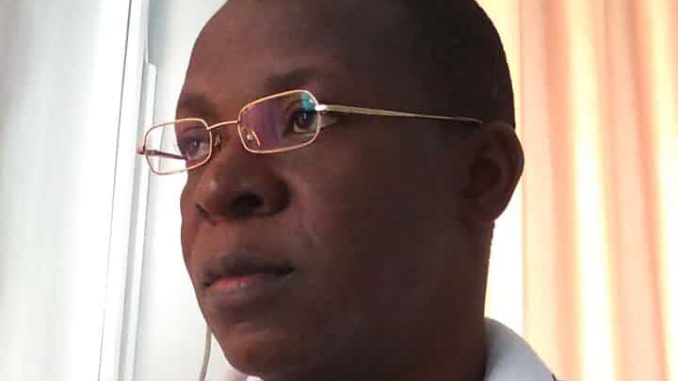
An official watchdog has found that Indonesia executed a Nigerian man last year while his case was unresolved, leading to renewed calls for a halt to a system holding hundreds of prisoners on death row.
Indonesia’s ombudsman found that Humphrey Jefferson was seeking clemency when he faced a firing squad along with three others in July 2016, meaning that he still had a chance to be pardoned. The four were all convicted of drug trafficking.
It is believed authorities are preparing for more executions and a group of prisoners, including Frank Amado, an American citizen, were transferred to “execution island” earlier this year.
Two UK citizens – Gareth Cashmore and Lindsay Sandiford, both convicted of trafficking – also await their fate on Indonesia’s death row.
“This shows that the attorney general did violate the law last year,” said Ricky Gunawan, the director of the Community Legal Aid Institute, which represented Jefferson and petitioned for the ombudsman investigation.
“They have been eager to organise a new round of executions, but this shows that last year’s proceedings were a mess. Because of the ruling they will have to be extremely careful if they choose to go forward.”
The Community Legal Aid Institute, along with Human Rights Watch, has called for an end to the death penalty in Indonesia. Human Rights Watch published a statement on Monday saying: “Indonesia should restore the unofficial moratorium on the death penalty and ensure the rights of criminal suspects, including those implicated in drug crimes, are respected rather than steamrolled.”
The Indonesian president, Joko “Jokowi” Widodo, has stepped up his rhetoric in the country’s war on drugs, saying recently that police should shoot drug dealers on the spot if they resist arrest.
Indonesia ended an unofficial four-year moratorium on executions in 2013. Eighteen prisoners have been executed since Jokowi took office in 2014. Most of the sentences are carried out against foreigners and Indonesia has repeatedly resisted appeals even from friendly governments – such as Australia – for mercy.
The Indonesian attorney general’s office has denied it violated protocol but is legally required to respond to the ombudsman’s findings, Gunawan said.
Jefferson was executed alongside two other Nigerians and an Indonesian.
In addition to finding that Jefferson’s clemency request was not respected, Indonesia’s ombudsman found authorities did not comply with rules requiring them to issue notification 72 hours before carrying out his execution.
END

Be the first to comment